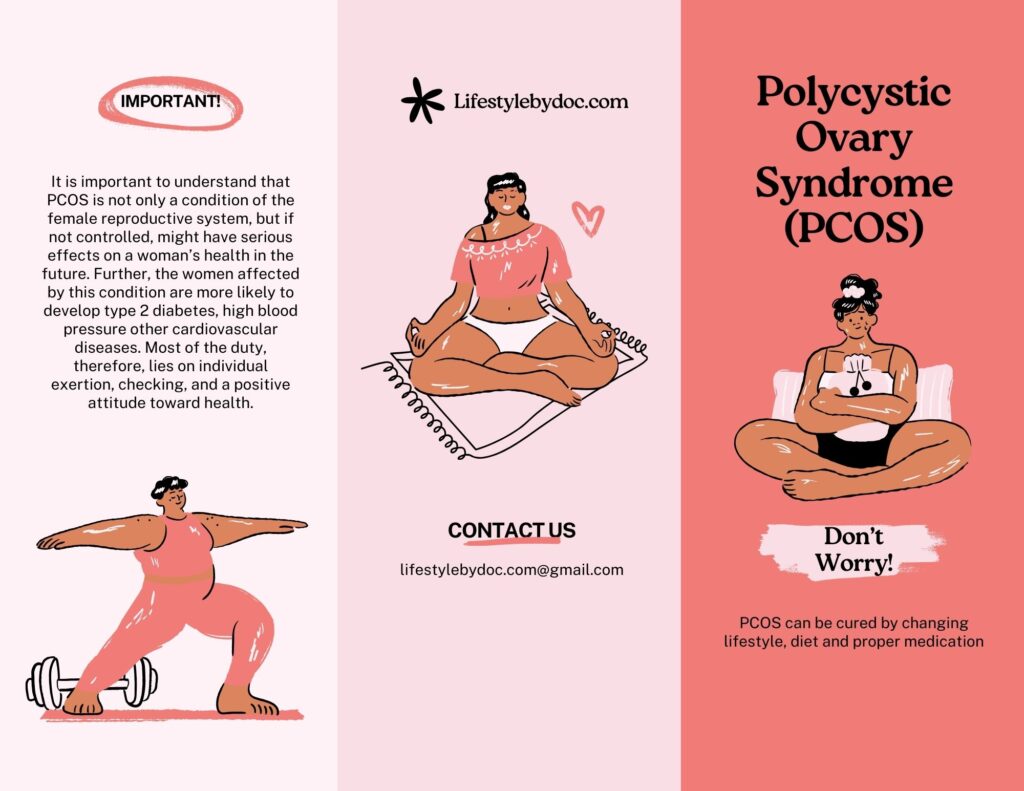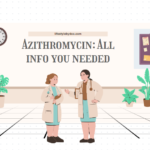Poly cystic ovary syndrome is a chronic health disorder that affects many women of reproductive age. It is described by the presence of many tiny cysts on the ovaries and irregularities of hormone production. PCOS is different from Polycystic Ovarian Disease (PCOD), although the two terms are used interchangeably; this is a wider spectrum of conditions that include cysts in the ovaries but other factors as well.
What Causes Polycystic Ovary Syndrome (PCOS)?
The root cause of formation of Poly Cystic Ovary Syndrome is not well understood, but maybe attributed to genetic and environmental factors. Recent studies indicate that women with PCOS have raised insulin levels resulting in the overproduction of androgens in the ovaries. This state of affairs affects the normal hormonal cycle of the woman and may cause cystic ovaries.
Symptoms of Polycystic Ovary Syndrome
The impact of PCOS can be quite multiple and differs from woman to woman, leading to various symptoms. Common symptoms include:
- Irregular menstrual cycles
- Excessive hair growth (hirsutism)
- Acne and oily skin
- Sustained weight gain, specific to the abdomen
- Infertility; The inability to conceive:
- Losing hair or having less hair on head than before
PCOS and Pregnancy: Challenges and Solutions
The first and the most critical question that needs to be answered is whether PCOS has an effect on fertility or not in women. This is because, with irregular or anovulatory cycles, it becomes challenging for the couple to get pregnant with PCOS. However, if the condition is detected early and appropriate PCOS treatment is administered, the majority of women with Poly Cystic Ovary Syndrome will be able to get pregnant. Some of the treatments include alteration of diet, use of drugs that stimulate ovulation and fertility treatments which can assist in enhancing conception among women with this disease.
Effective PCOS Treatment Options
1. Lifestyle Changes: Eating for PCOS and Weight Loss
Managing PCOS includes proper dieting, known also as eating for Poly Cystic Ovary Syndrome, and exercising on a regular basis of course. Losing even a little weight has the potential to normalize menstrual cycles and ease the signs. It means that if a woman with PCOS will stick with the proper diet with plenty of whole foods, lean proteins and low GI carbs will help her to manage insulin resistance and support weight loss.
2. Medications for PCOS Treatment
- Birth Control Pills: Usually, the drug is used for purposes of controlling menstrual patterns and lowering androgen levels.
- Metformin: Applied to, among other things, enhance peripheral insulin sensitivity and reduce circulating insulin concentrations.
- Clomiphene (Clomid): Usually prescribed in women who are trying to conceive as a fertility inducing drug.
- Anti-androgens: Some of these medications are actually useful in alleviating some of the manifestations of the condition such as excessive hair growth and acne.
3. Fertility Treatments for Polycystic Ovary Syndrome Pregnancy
For those struggling with Poly Cystic Ovary Syndrome and pregnancy, fertility treatments like in vitro fertilization (IVF) may be recommended.
PCOS Treatment for Unmarried Women
In the case of the unmarried women or those who do not want to conceive, the management of the Poly Cystic Ovary Syndrome is through control of the duplicate symptoms associated with the condition and avoiding future complications such as diabetes and heart diseases. This can be treated by hormonal contraceptives, lifestyle modifications, as well as drugs for insulin resistance.
Long-Term Health Considerations of PCOS Disease
It is important to understand that Poly Cystic Ovary Syndrome is not only a condition of the female reproductive system, but if not controlled, might have serious effects on a woman’s health in the future. Further, the women affected by this condition are more likely to develop type 2 diabetes, high blood pressure other cardiovascular diseases. Most of the duty, therefore, lies on individual exertion, checking, and a positive attitude toward health.
Conclusion
It is a chronic multifactorial disease with numerous manifestations and various possible effects on the health of women. However, the effects of PCOS can be controlled with the right treatment and ecological changes and women with the disease can be very happy and healthy. When it comes to PCOS ovaries, Poly Cystic Ovary Syndrome pregnancy or when looking for the right treatment for polycystic ovaries, it is recommended that one involves healthcare practitioners that can recommend the best treatment plan for a specific case.
Contact Us at: https://lifestylebydoc.com/contact-us/


